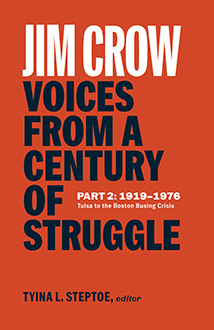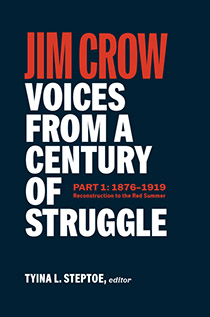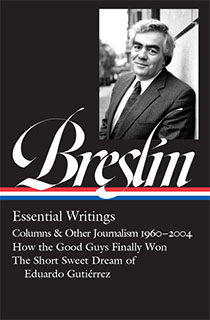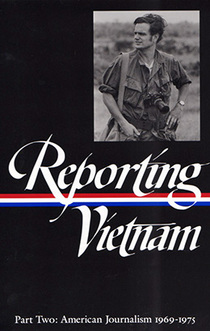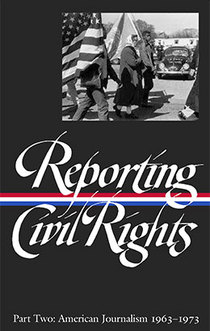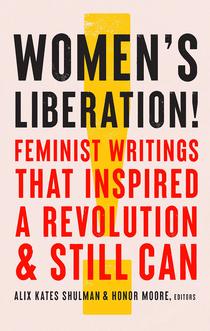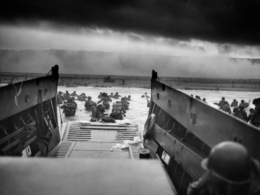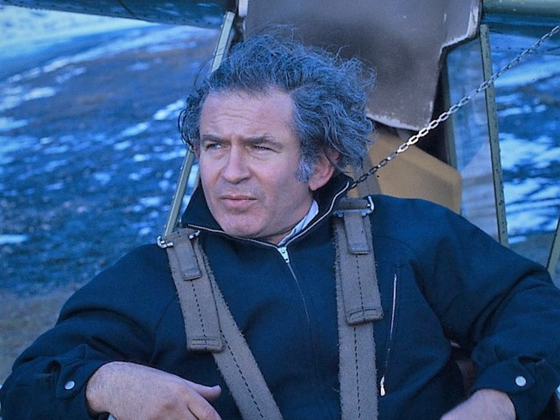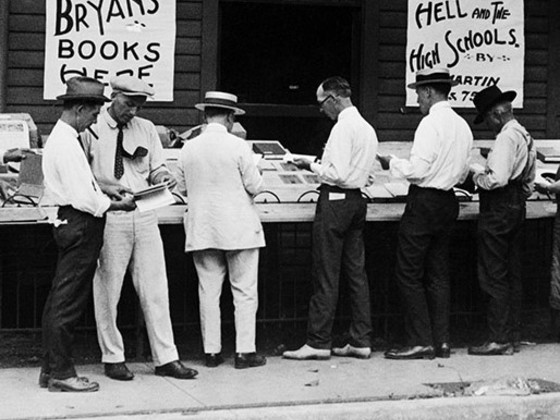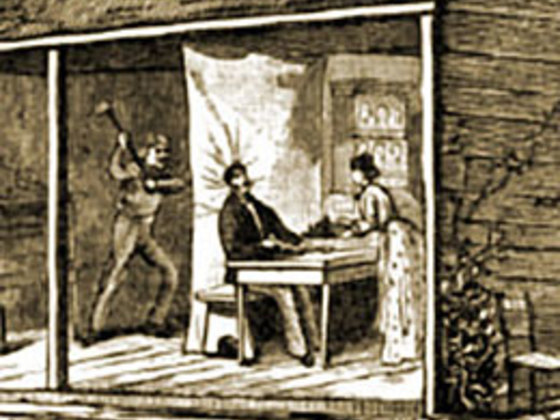Journalism
Purchase all four Civil War volumes in a boxed set and save $45.00!
The Civil War: The Second Year Told by Those Who Lived It brings together letters, speeches, diary entries, newspaper and magazine articles, memoir excerpts, poems, and military reports to provide an unforgettable literary portrait of the crucial period in which the conflict was transformed from a secessionist rebellion into a war of emancipation.
This volume opens in January 1862 with Frederick Douglass’s prophetic vision of an end to slavery—“That day is not far off”—and closes with a January 8, 1863, letter in which Abraham Lincoln declares: “broken eggs can not be mended. I have issued the emancipation proclamation, and I can not retract it.” Along the way are 148 pieces—eleven published here for the first time—by more than ninety participants, including Jefferson Davis, Ulysses S. Grant, George B. McClellan, Robert E. Lee, Louisa May Alcott, Emily Dickinson, Walt Whitman, Nathaniel Hawthorne, Edward Porter Alexander, Harriet Jacobs, and George Templeton Strong, as well as soldiers Charles B. Haydon, Ephraim Anderson, Charles B. Labruzan, and Henry Livermore Abbott; civilian diarists Kate Stone, Judith W. McGuire, and John B. Jones; and war correspondents George E. Stephens and George Smalley. The selections include vivid and haunting narratives of famous battles—Fort Donelson, Pea Ridge, Shiloh, the Seven Days, Second Bull Run, Antietam, Iuka, Corinth, Perryville, Fredericksburg, Stones River—as well as firsthand accounts of the war on the western rivers and the first clash of the ironclads; of life and death in hospitals in Richmond and Georgetown; of the impact of war on Massachusetts towns and Louisiana plantations; of the mounting fears of slaveholders and the struggles of runaway slaves seeking freedom in contraband camps; and of the inner deliberations of the cabinet in Washington as Lincoln moved toward the revolutionary proclamation of emancipation.
The Civil War: The Second Year includes headnotes, a chronology of events, biographical and explanatory endnotes, full-color endpaper maps, and an index.
Stephen W. Sears, volume editor, is the author of Landscape Turned Red: The Battle of Antietam; George B. McClellan: The Young Napoleon; To the Gates of Richmond: The Peninsula Campaign; Chancellorsville; Controversies and Commanders; and Gettysburg.
This Library of America series edition is printed on acid-free paper and features Smyth-sewn binding, a full cloth cover, and a ribbon marker.
Project support for this volume was provided by The Andrew W. Mellon Foundation and the National Endowment for the Humanities.
The Civil War: The Second Year as Told by Those Who Lived It is kept in print by a gift from The Berkley Foundation to the Guardians of American Letters Fund.
